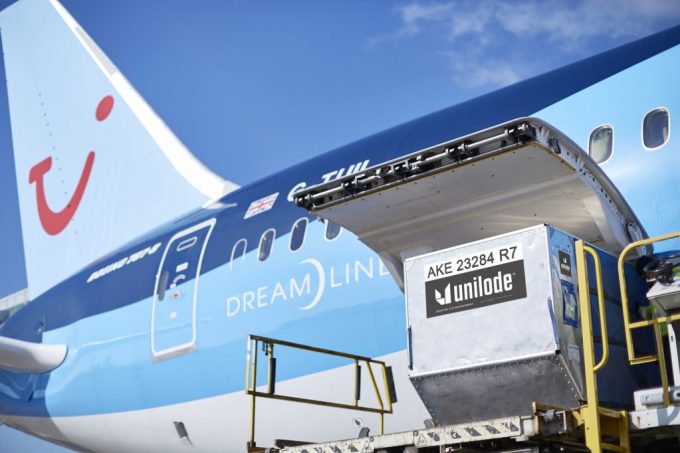FedEx message regarding passing of founder and executive chairman Frederick W. Smith
June 21, 2025 10:13 PM The following is a message sent to FedEx team members. Team, It is ...

Technical staff at ULD provider Unilode are extra busy these days – and will remain so for some time.
The company is fitting its fleet of more than 125,000 ULDs with Bluetooth readers.
It’s a project that management expects to take more than two years, but it is aiming ...

Comment on this article